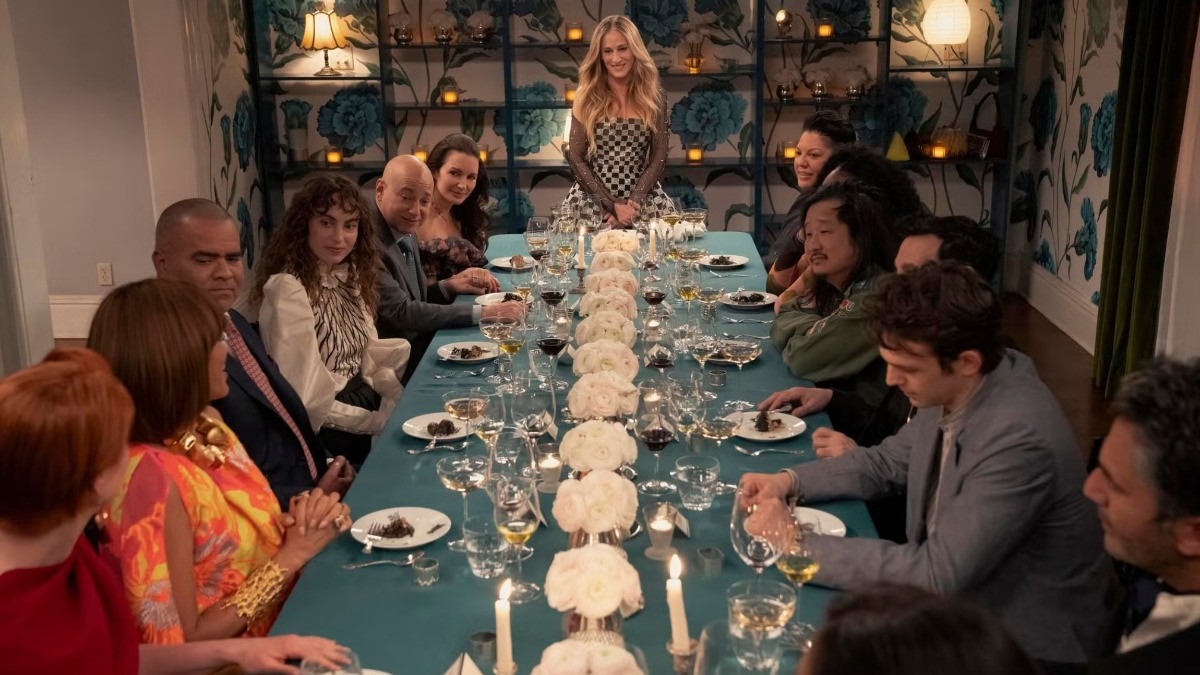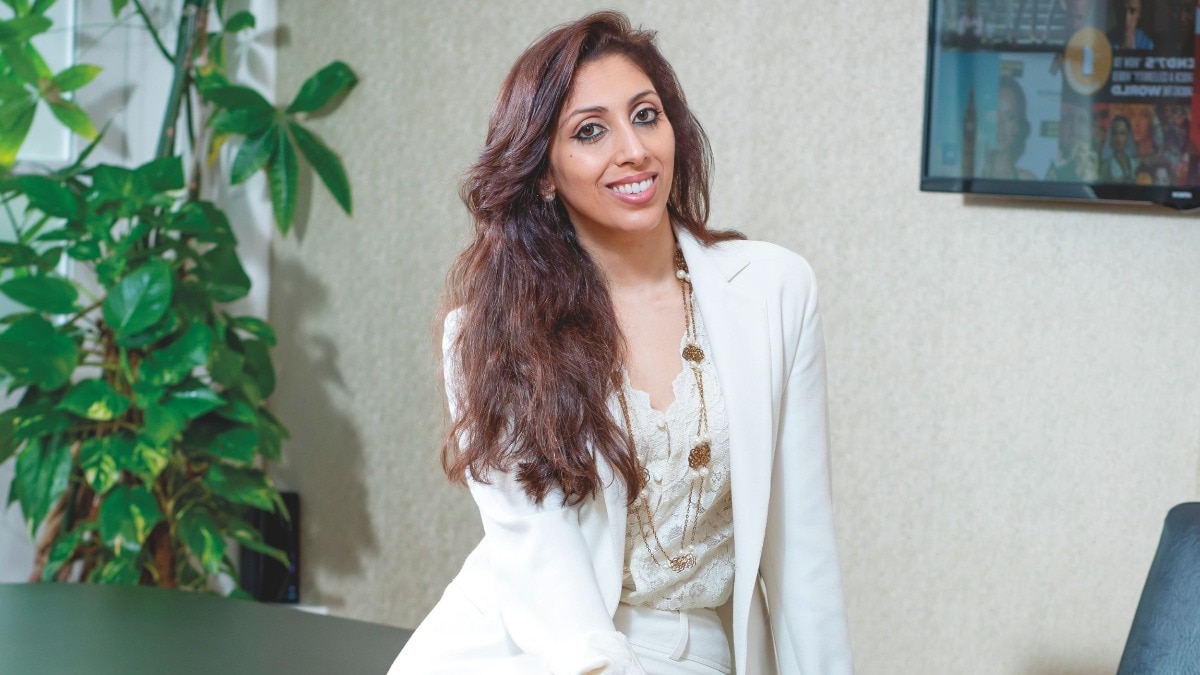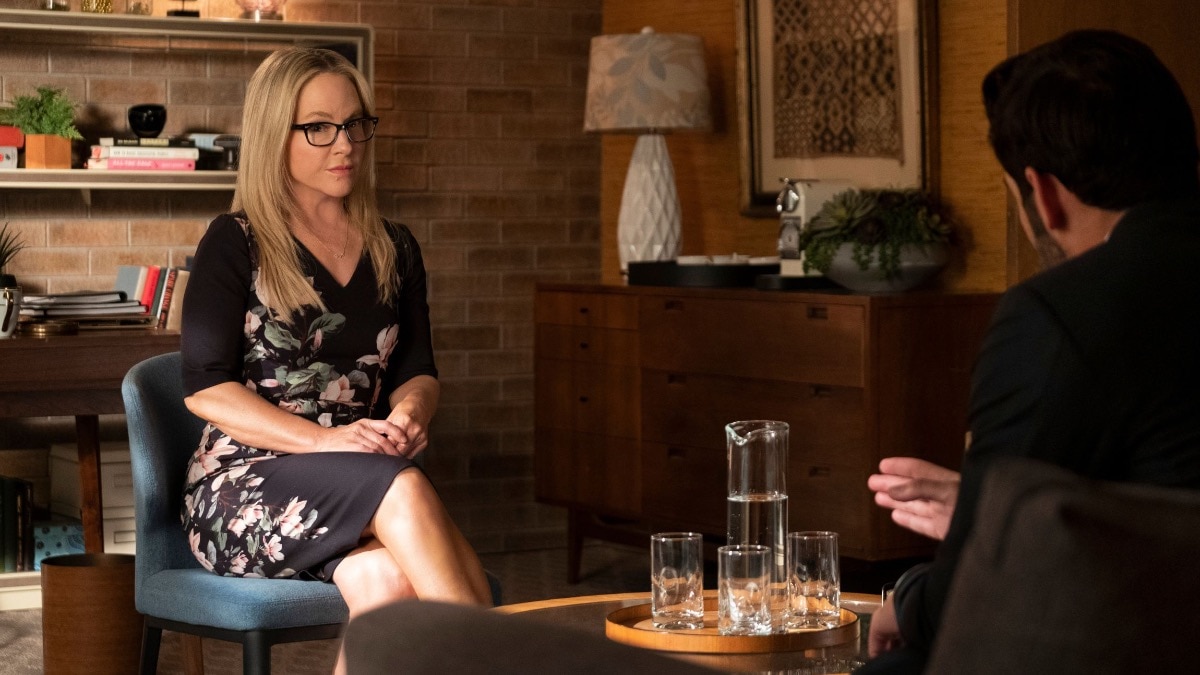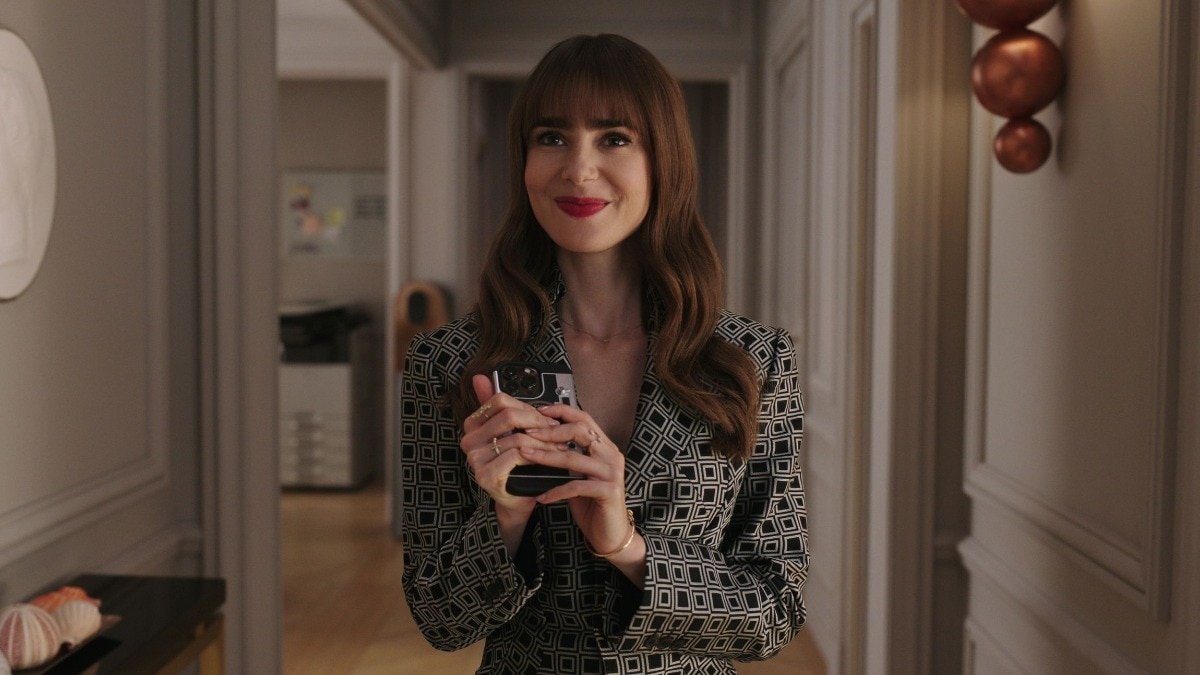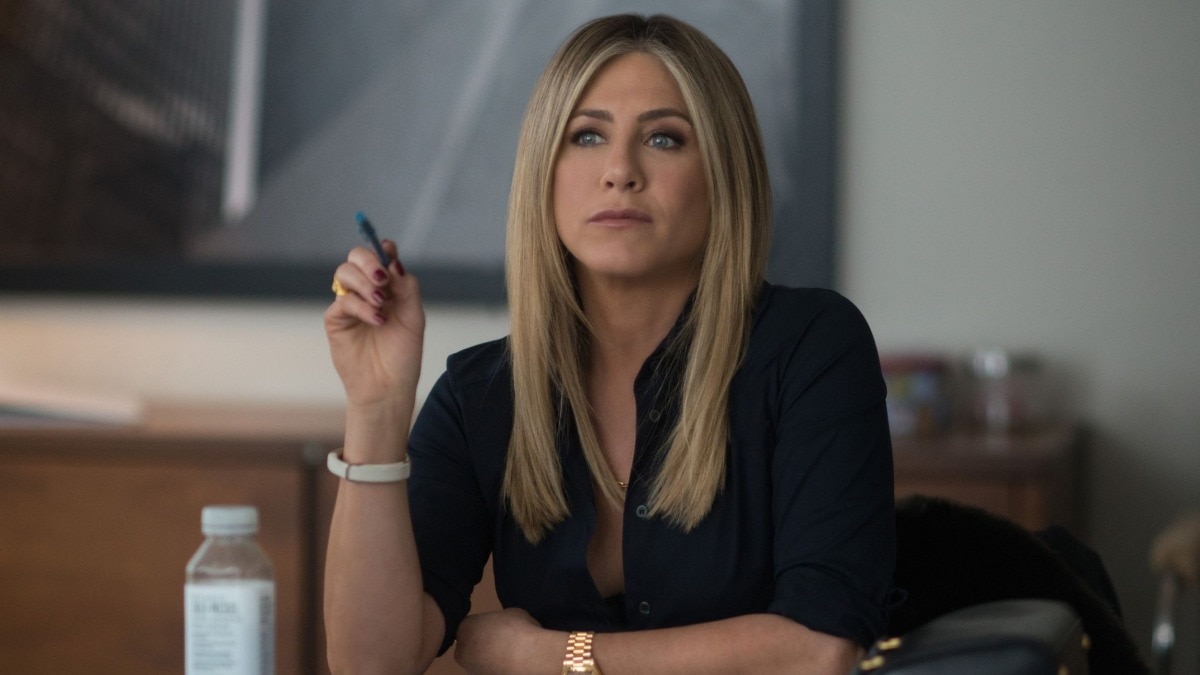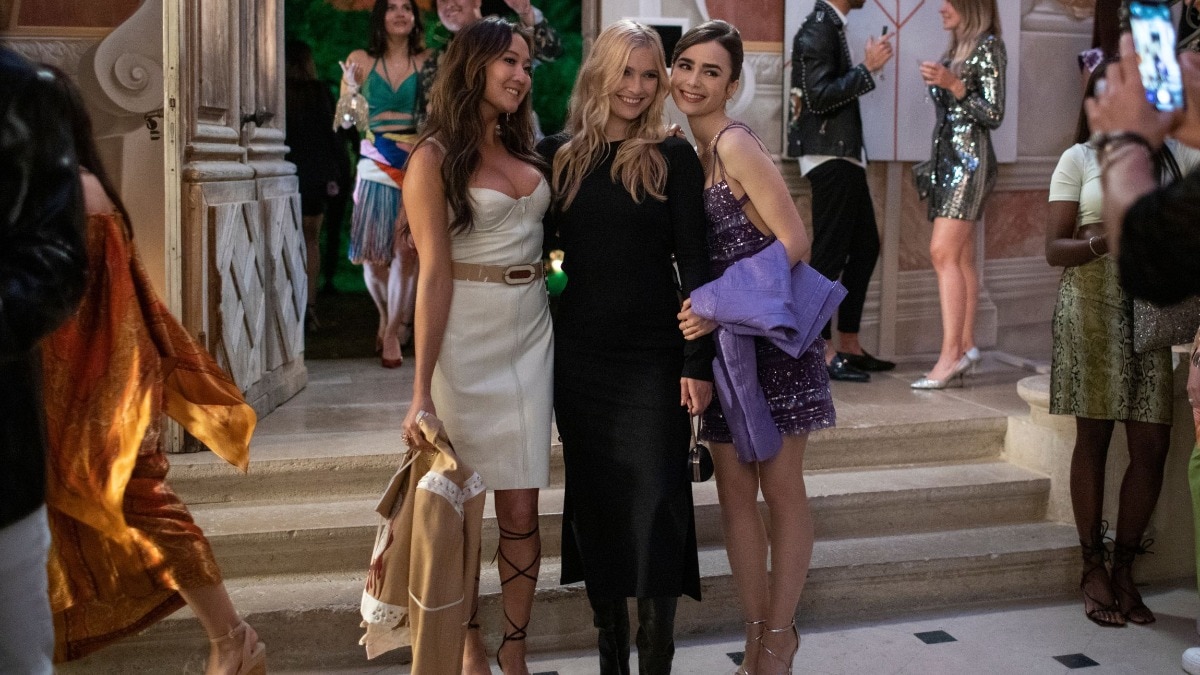
10 books every feminist should read
From Gloria Steinem's memoir to the works of Audre Lorde, we round up the feminist titles to inspire and galvanise.


From the seminal texts that kick-started the women's movement, to more recent treatises which muse on the question of where we go from here, there is a feminist tome to suit everyone. Reading of this kind is more important now than ever before: women today still face countless challenges, from gender health gap to unfair treatment at work. Women's rights, whether related to abortion, contraception or equal pay, are under threat.
Each book included in this edited selection provides a glimpse into the different waves of feminism, sampling writing from some of the movement's most prolific and significant spokeswomen, including Naomi Woolf, Roxane Gay, and Susie Orbach. These important reads look at the myriad entry points into feminism and its varied perspectives—from body size to race, gender and class—which contribute to making feminism a broader and more inclusive movement.
While it's by no means an exhaustive curation, these 10 books are a fertile starting ground for any feminist. Consider this reading list the first step to educating yourself, and being a better ally to women everywhere.
Dear Ijeawele by Chimamanda Ngozi Adichie

We Should All Be Feminists is arguably Chimamanda Ngozi Adichie's most famous writing on feminism, but Dear Ijeawele is just as noteworthy. Created as a letter to a friend who asked for help on how to raise her daughter as a feminist, the book comprises 15 practical pieces of advice. Adichie's forthright, sage, and warm voice shines bright throughout as she gets to the heart of what it means to be a woman today.
The Beauty Myth by Naomi Wolf

First published in 1990, Wolf's polemic on the connecting tissue between female power and beauty is still as relevant as ever, and remains a seminal text. It discusses the 'myth' that women can only be accepted within society if they are beautiful, and how shifting and increasingly unrealistic these standards of beauty have become over time. Her words are more prescient than ever, particularly when we consider that they were penned before the dawn of social media and the constant barrage of unattainable images of female attractiveness.
Bad Feminist by Roxane Gay

Bad Feminist is a collection of wry essays that looks at what it means to be a modern feminist while enjoying things that might seem at odds with it, whether that be following fashion or wanting children. This reassuring, funny, and wise book discusses how the culture we consume becomes who we are, and offers ways in which we can all do better.
Your Silence Will Not Protect You by Audre Lorde

Audre Lorde is one of the 20th century's most inspiring and powerful scribes. Your Silence Will Not Protect You is a must-have collection of her essays, prose and poetry, which skewers and dissects the realities of womanhood and, in particular, Black womanhood. Her words are breathtaking and this collection is a pivotal starting point when approaching intersectional feminism.
My Life On The Road by Gloria Steinem

Gloria Steinem has always been on the move. Ever since she was young, her father would pack the family into the car, to go off on a new adventure. Although such an early nomadic existence came with its challenges, it did prepare Steinem for a life on the road as she became an instrumental part of the women's rights movement and a tireless campaigner. This engaging and warm memoir is about that journey and how she'll never give up fighting for her causes.
The Second Sex by Simone de Beauvoir

A foundational feminist text, de Beauvoir's groundbreaking treatise on the state of womanhood is essential reading. Originally published in 1949, it featured a vastly researched history of the treatment of women and their current status in society. It was banned by the Vatican at the time and went on to become the inspiration for Second Wave Feminism that would dominate the Women's Movement of the 1960s and 1970s.
Invisible Women by Caroline Criado Perez

If ever you need to provide evidential proof that gender inequality still rages to a backward-thinking relative, then show them Caroline Criado Perez's exhaustively researched book immediately. It focuses on the shocking gender bias that affects all women, highlighting the many ways that society has forgotten women and the impact it has on our health and wellbeing. Invisible Women is data-based number-crunching at its most persuasive, and an important tool for change.
Fat is a Feminist Issue by Susie Orbach

It's hard to believe that this book was first published in 1978; its messaging about the politicisation of female bodies and, in particular, 'fat' female bodies, feels incredibly fresh. Back then it was a pioneering work that took aim at the diet industry and how the size of a woman's body is about much more than food, but instead represents power, strength and politics. The most recent edition, published in 2016, includes an updated introduction from Orbach, which looks at how these issues have shifted in our digital age.
Hood Feminism by Mikki Kendall

Hood Feminism was published just two years ago, and has already become a significant addition to the feminist canon. This is meaningful precisely because Mikki Kendall's focus is on how the feminist movement has too often left behind Black women, trans women, and women from lower socio-economic backgrounds. It is a masterpiece of intersectional feminist writing that looks at how we fight for power and what that means if we forget those who need it most.
Men Explain Things to Me by Rebecca Solnit

Short yet punchy, this book is a must-read. Rebecca Solnit is a master of impactful, witty prose, and has penned a compelling narrative on the realties of mansplaining (she was somewhat responsible for coining the phrase), which goes far beyond the patronising intonations and assumption of men, to the belittling of female experience and capability globally. This is a gift of a text on the rarely discussed subtleties of everyday sexism.
This piece originally appeared in Harper's Bazaar UK

